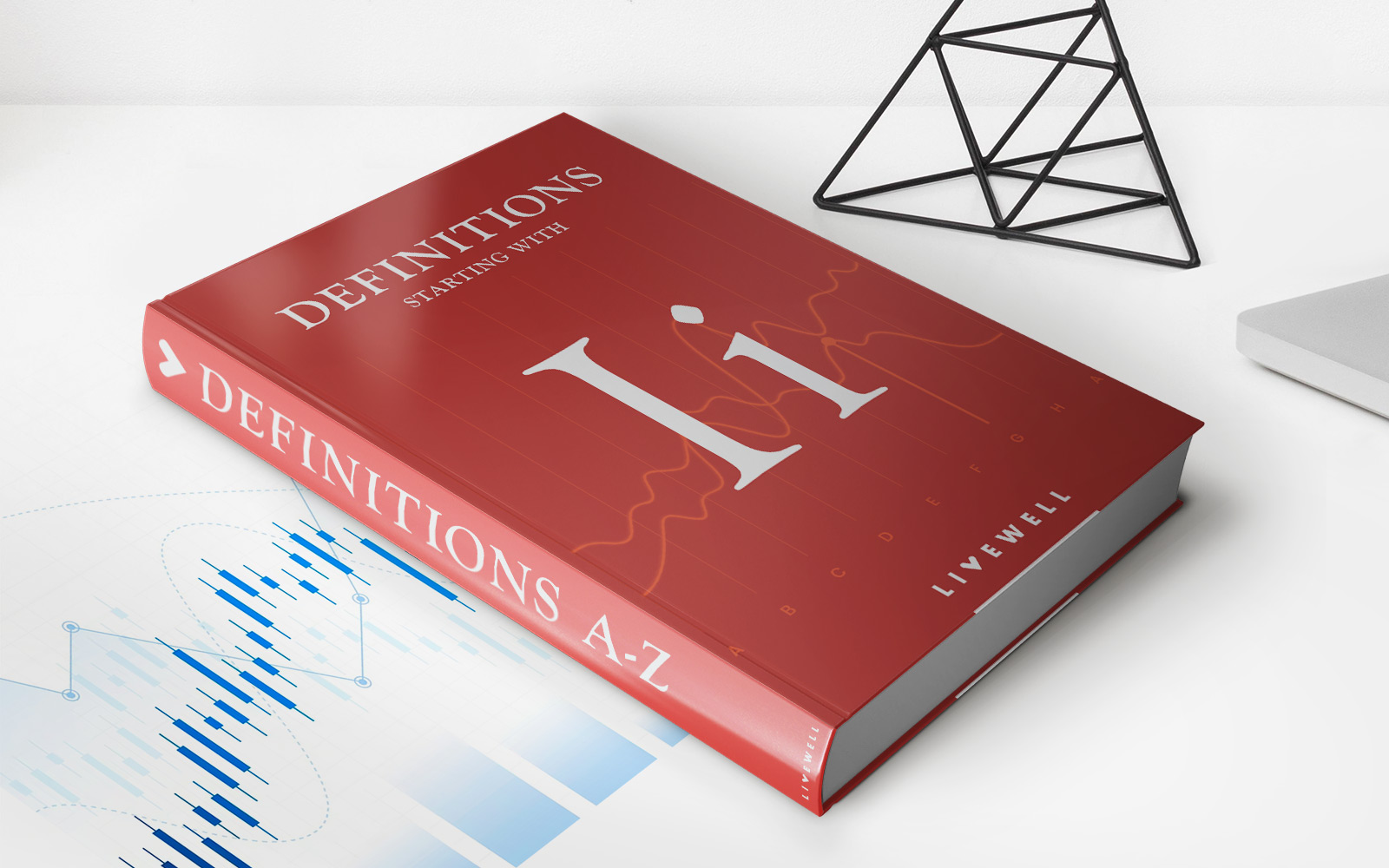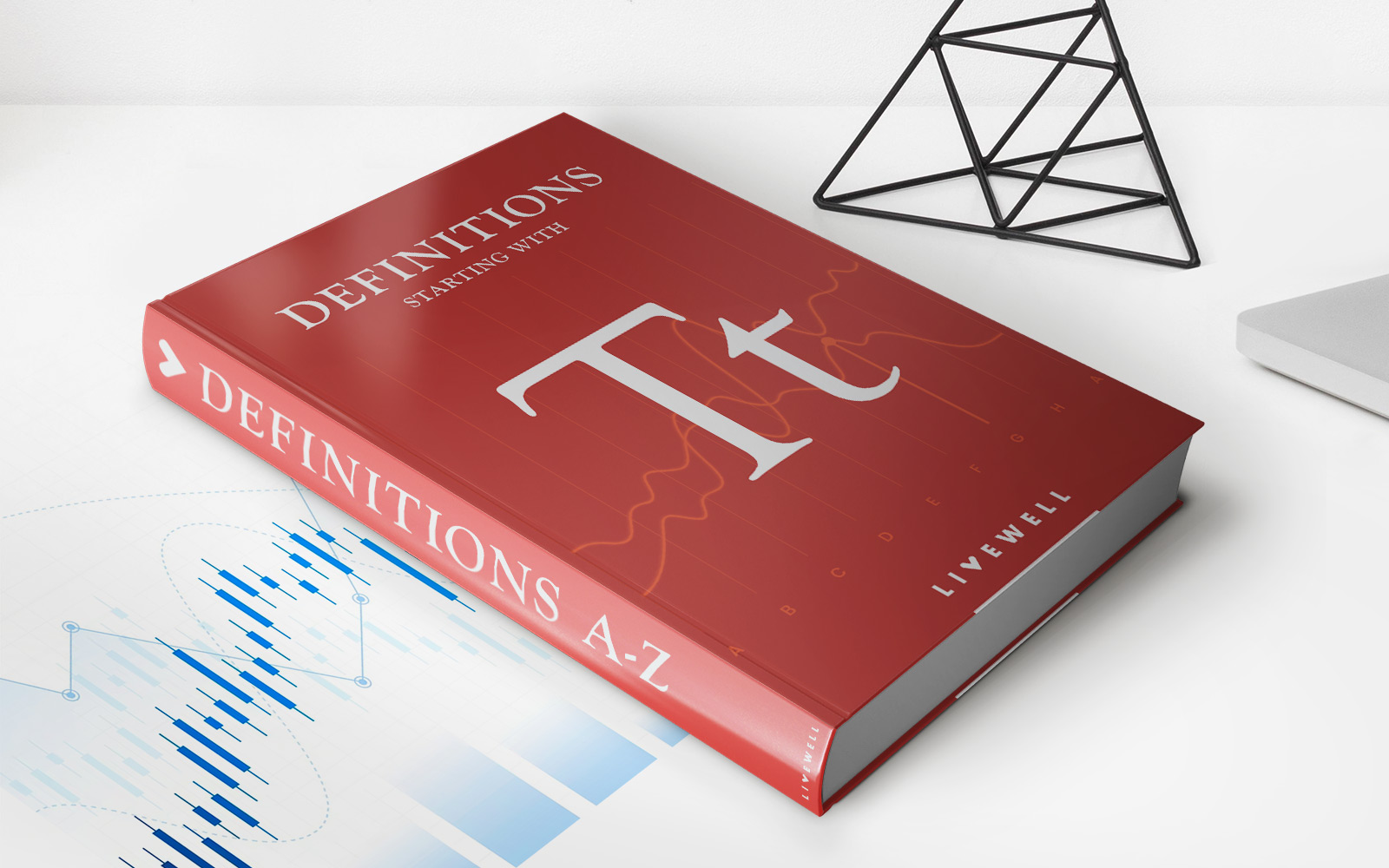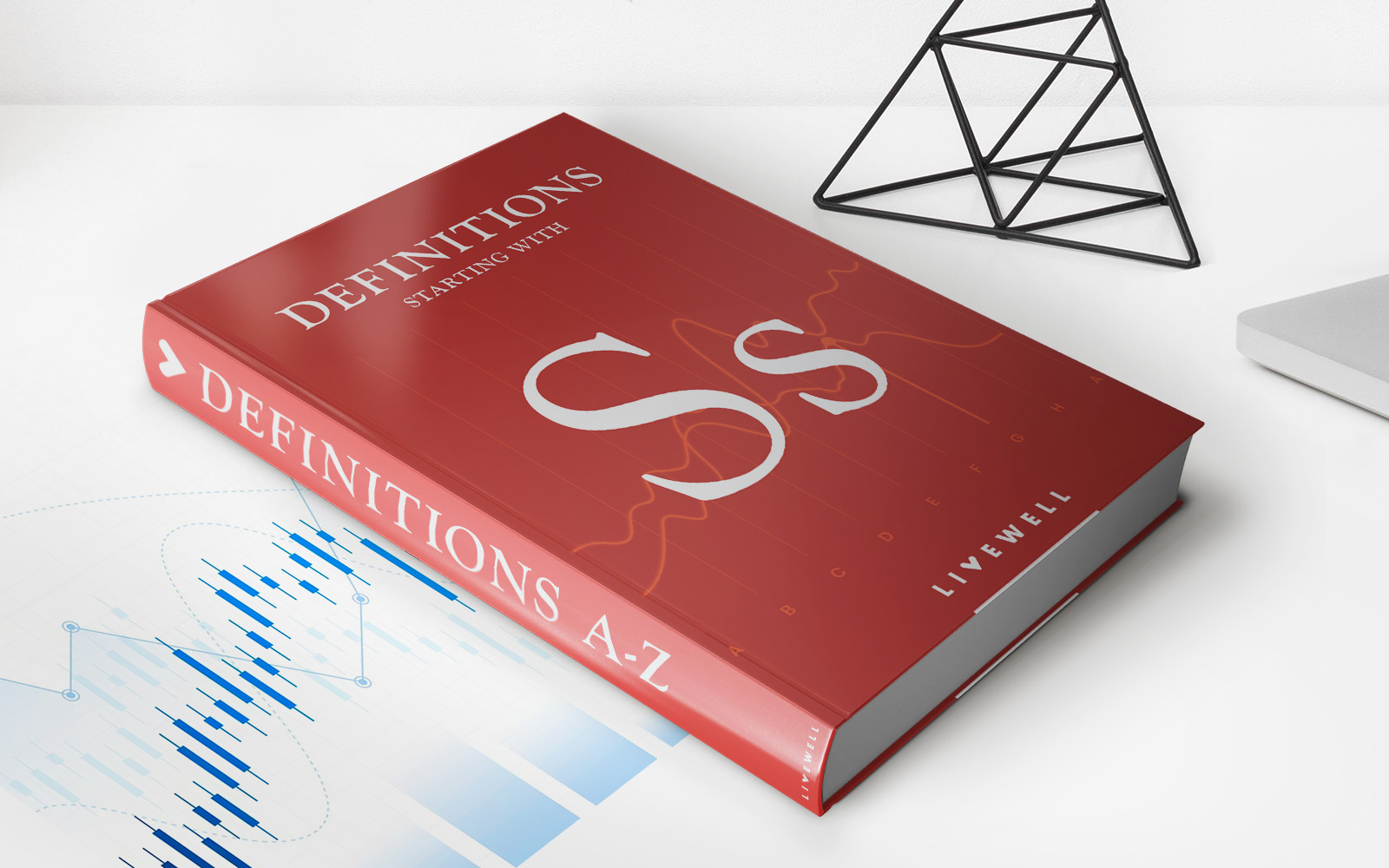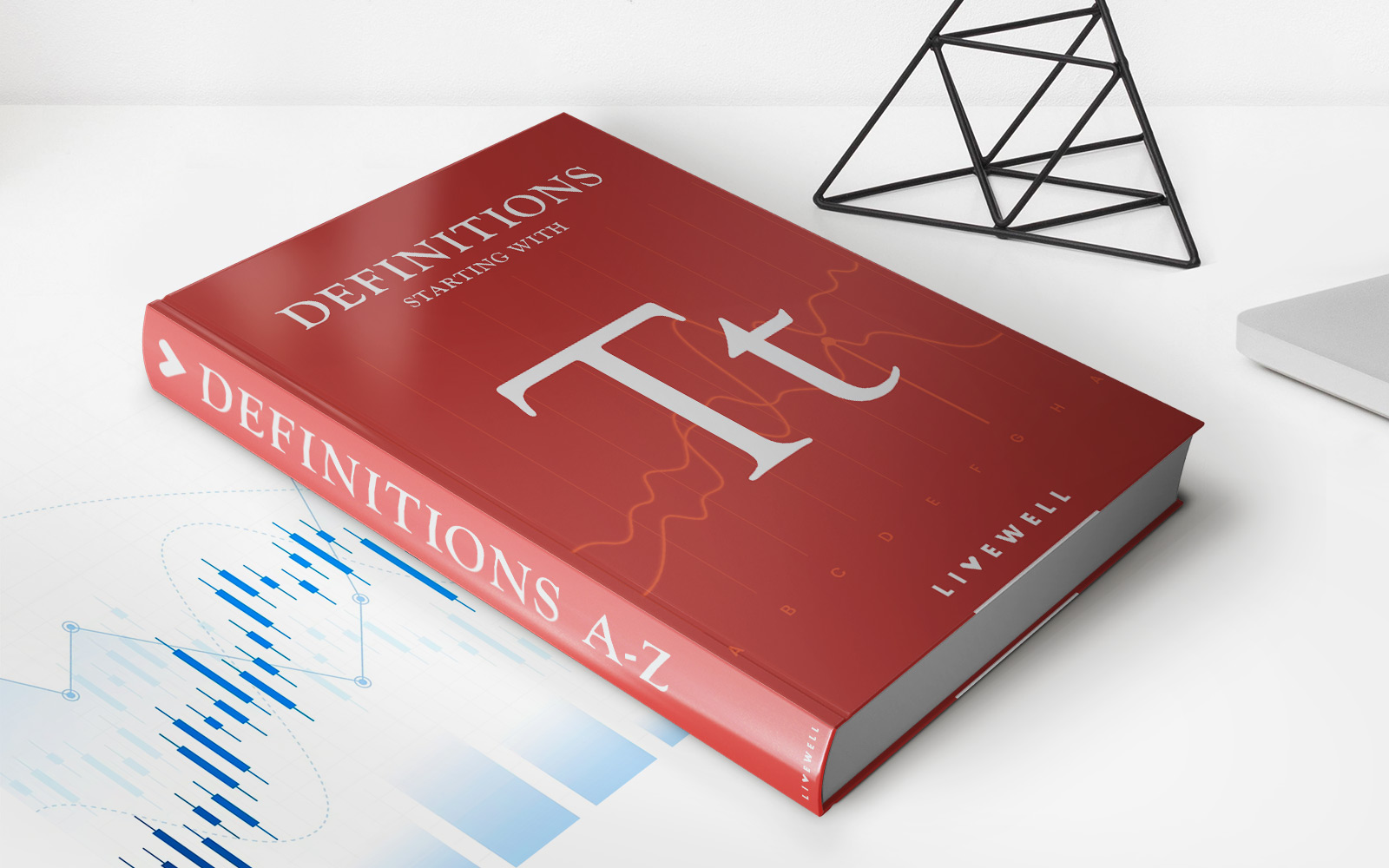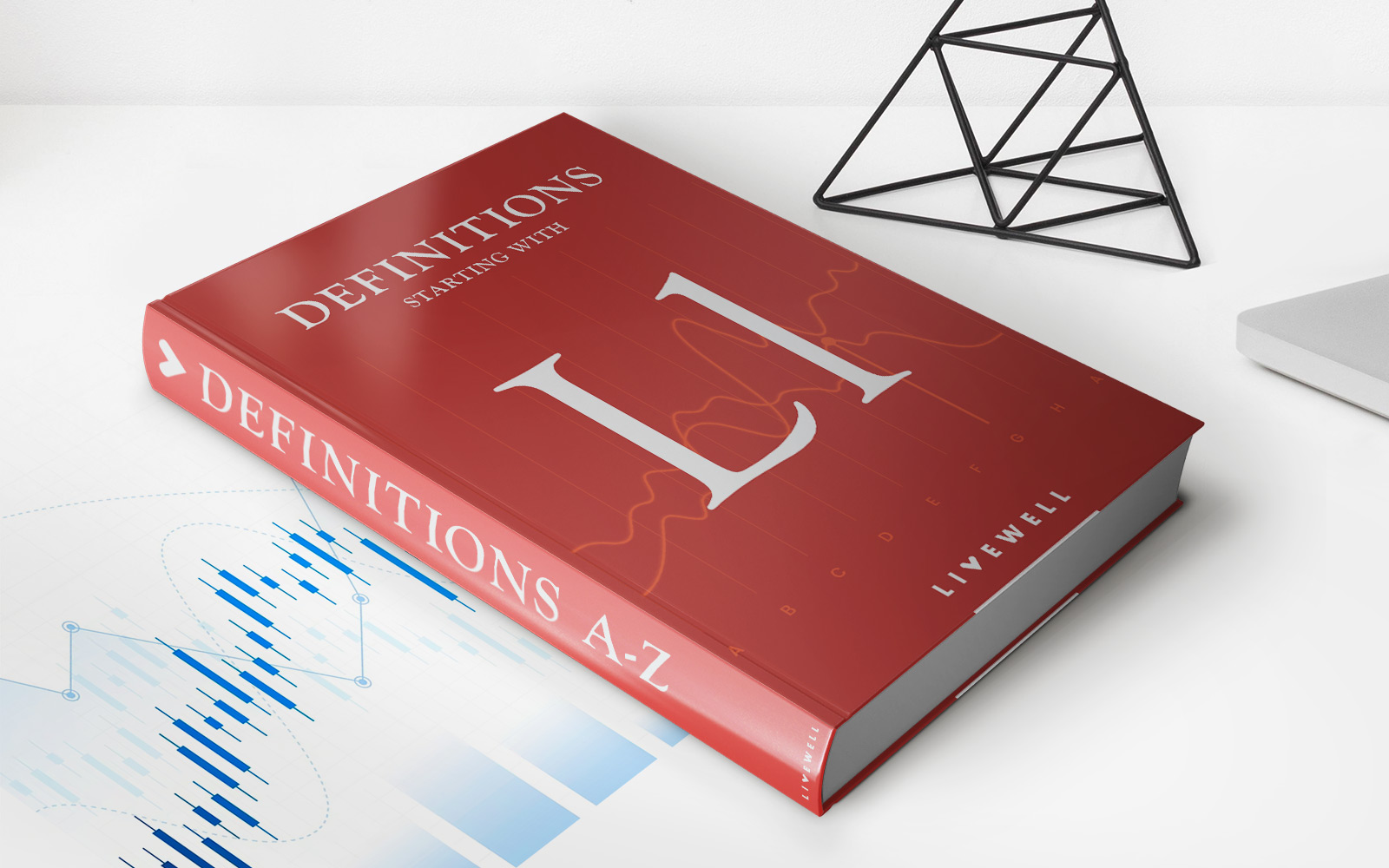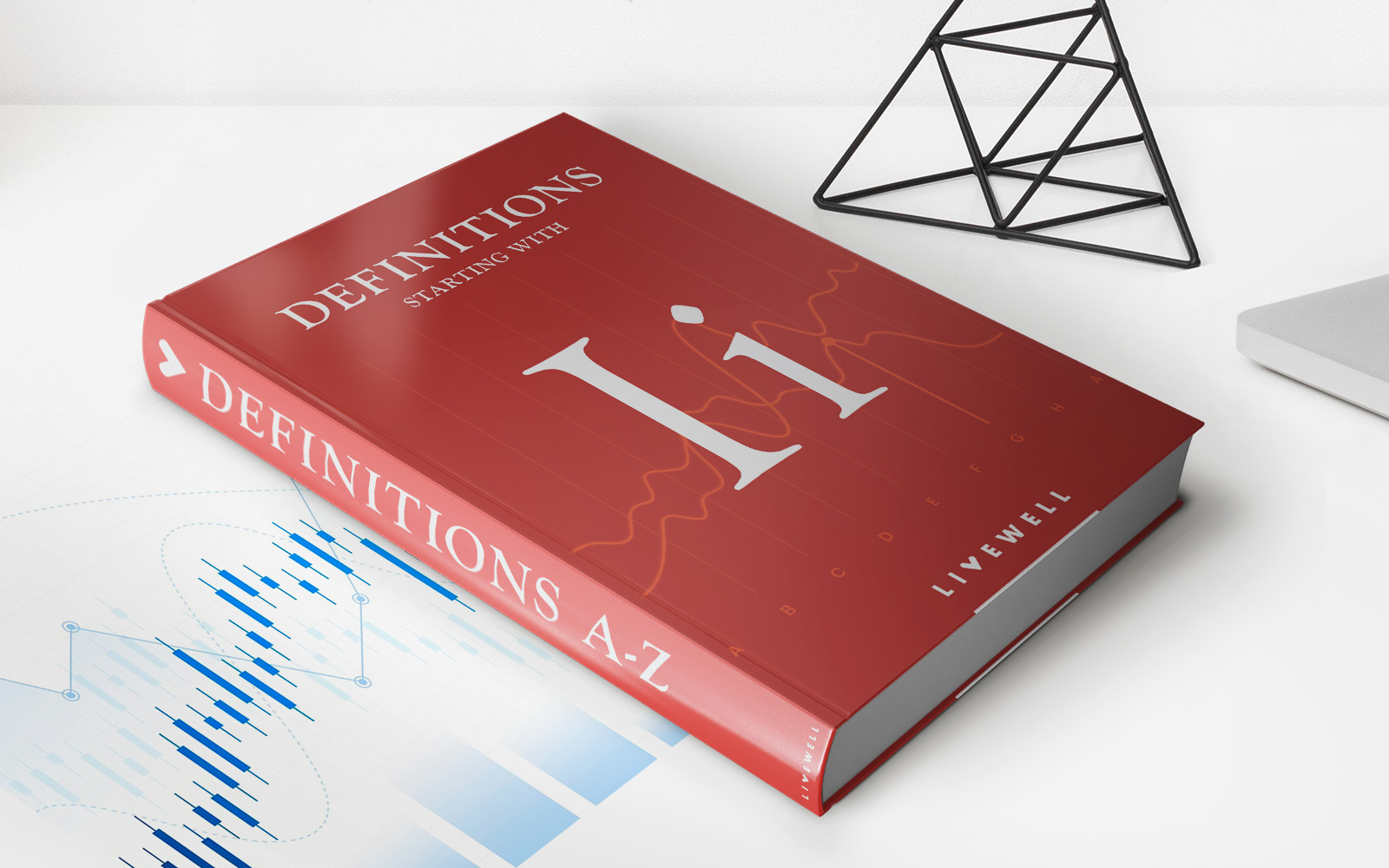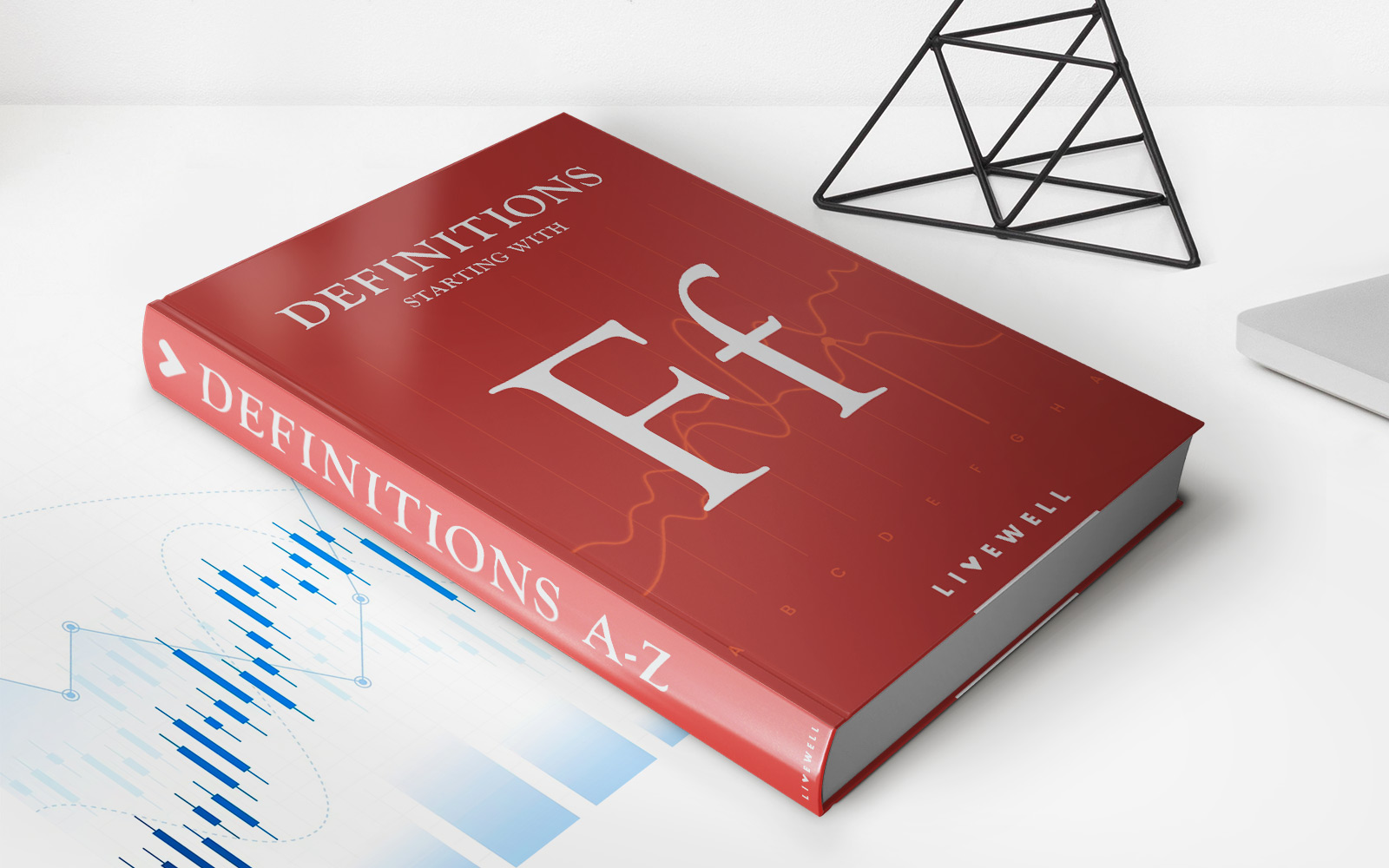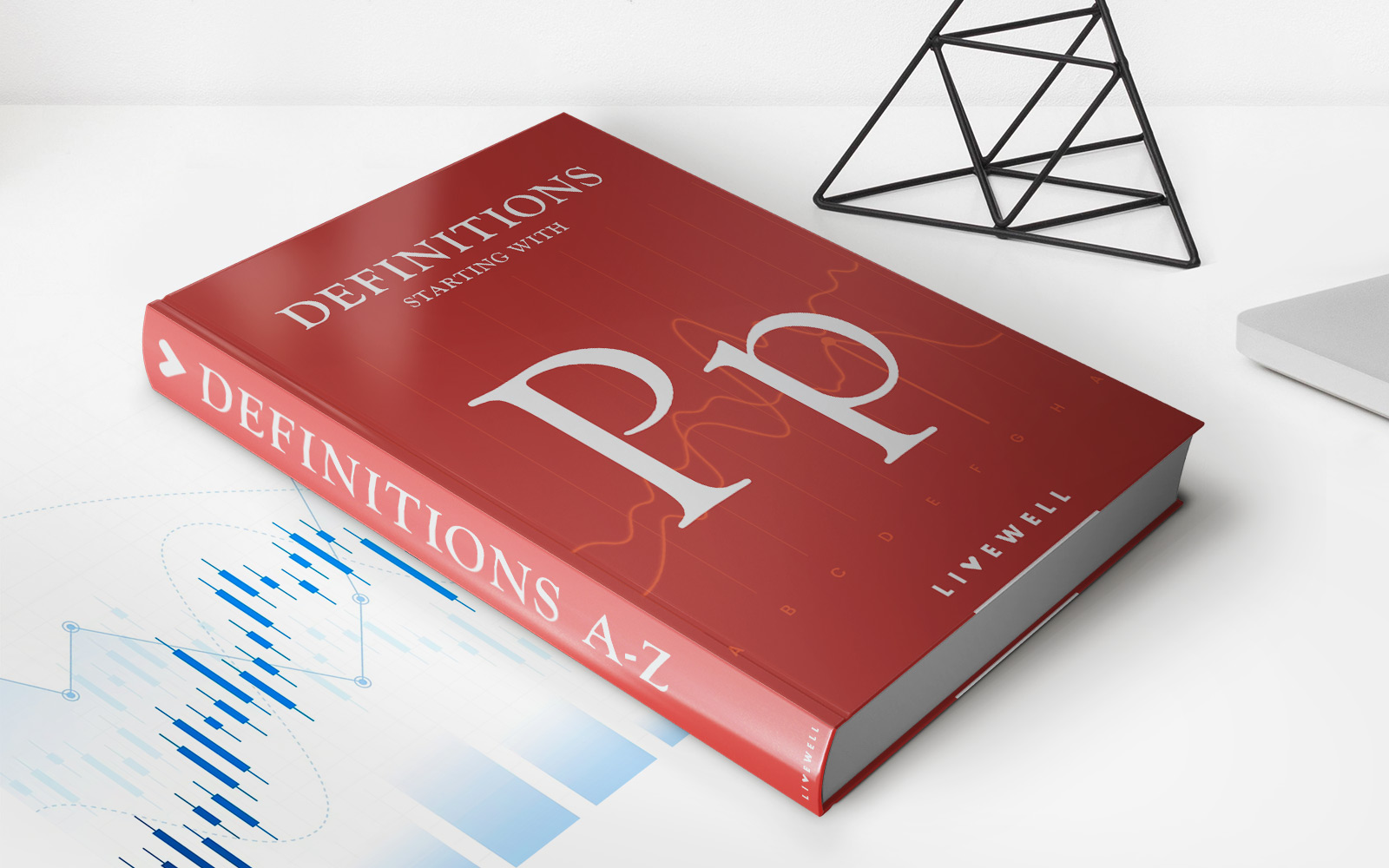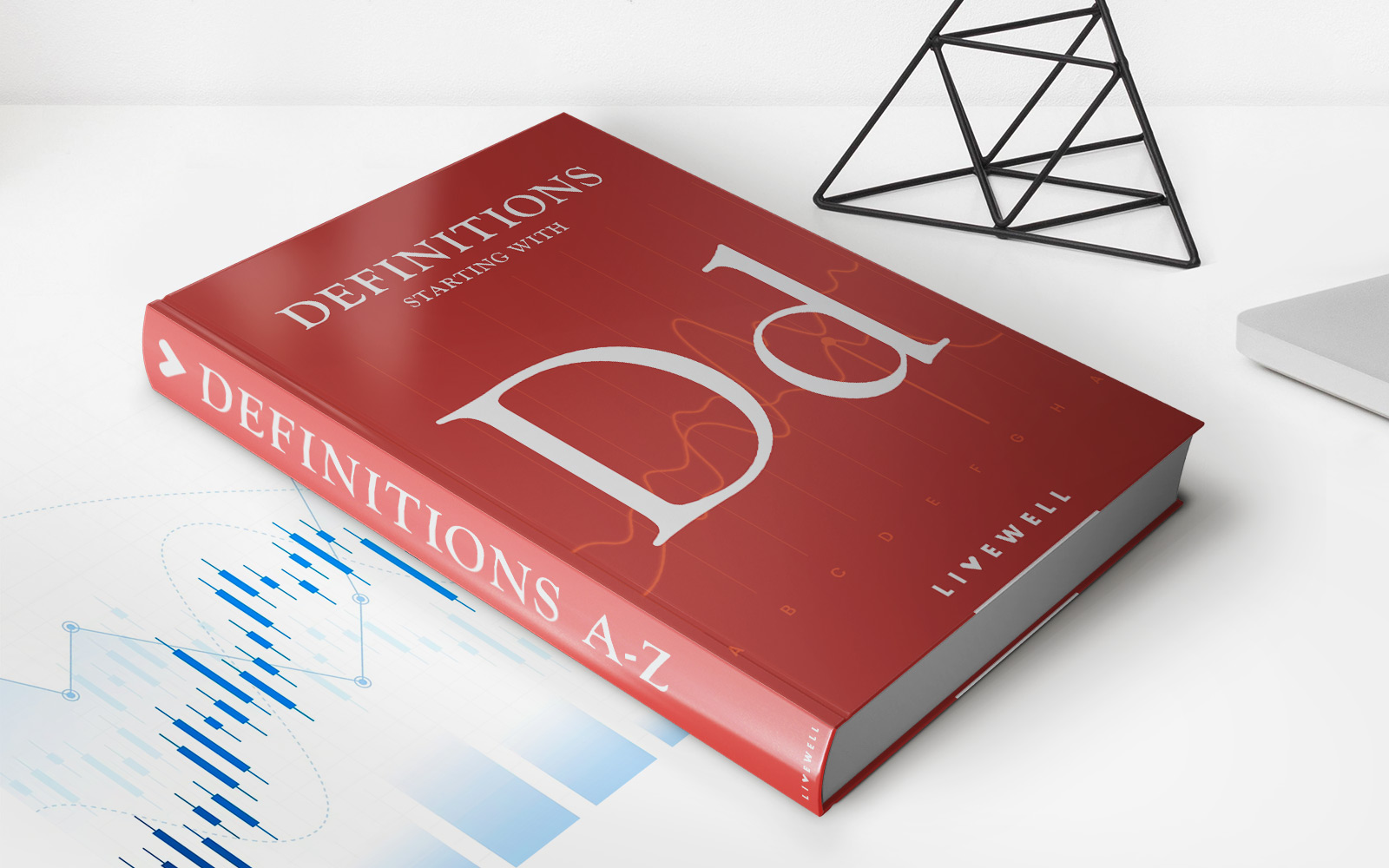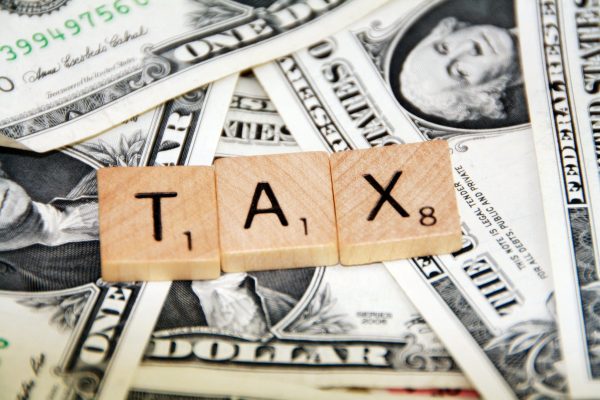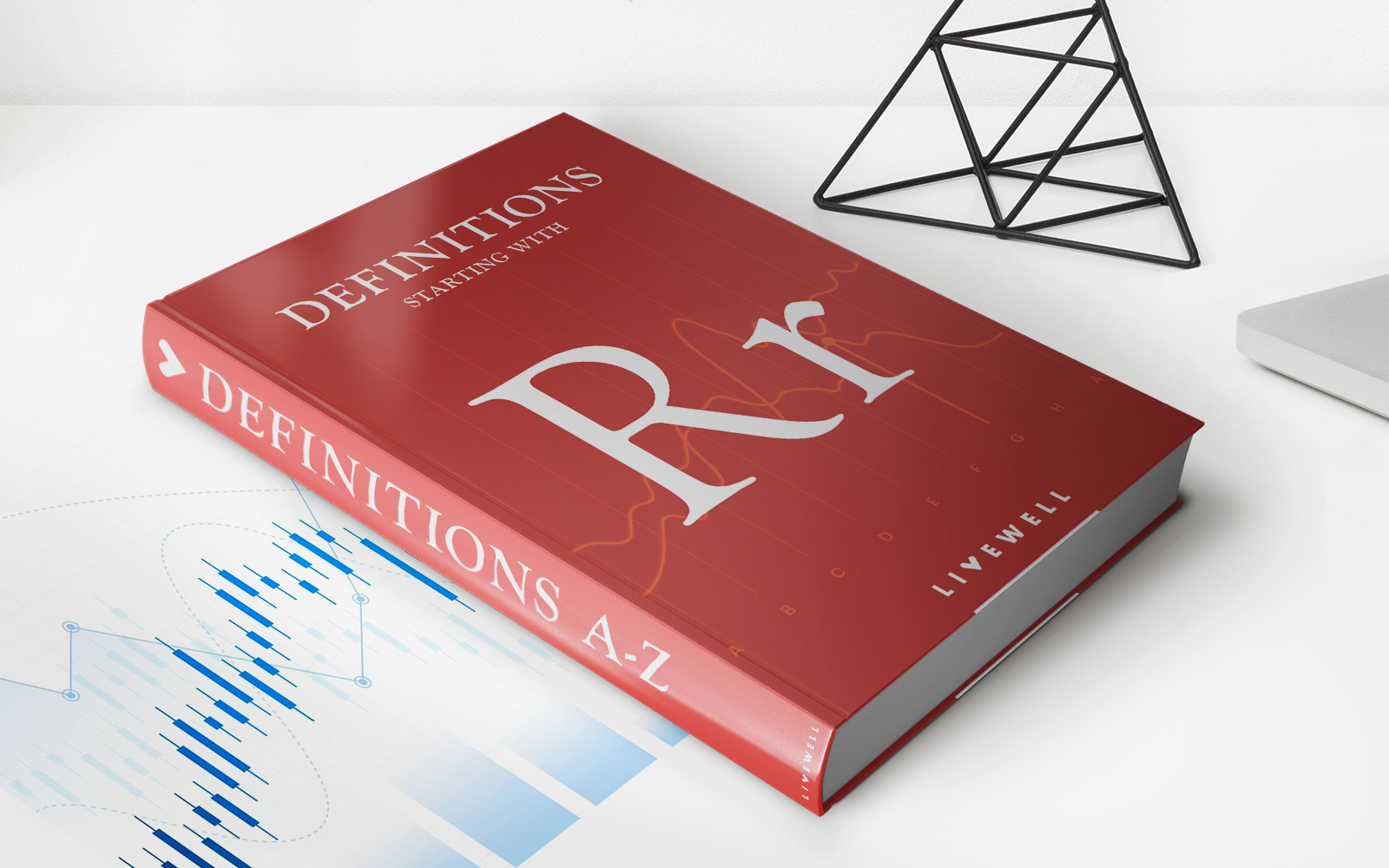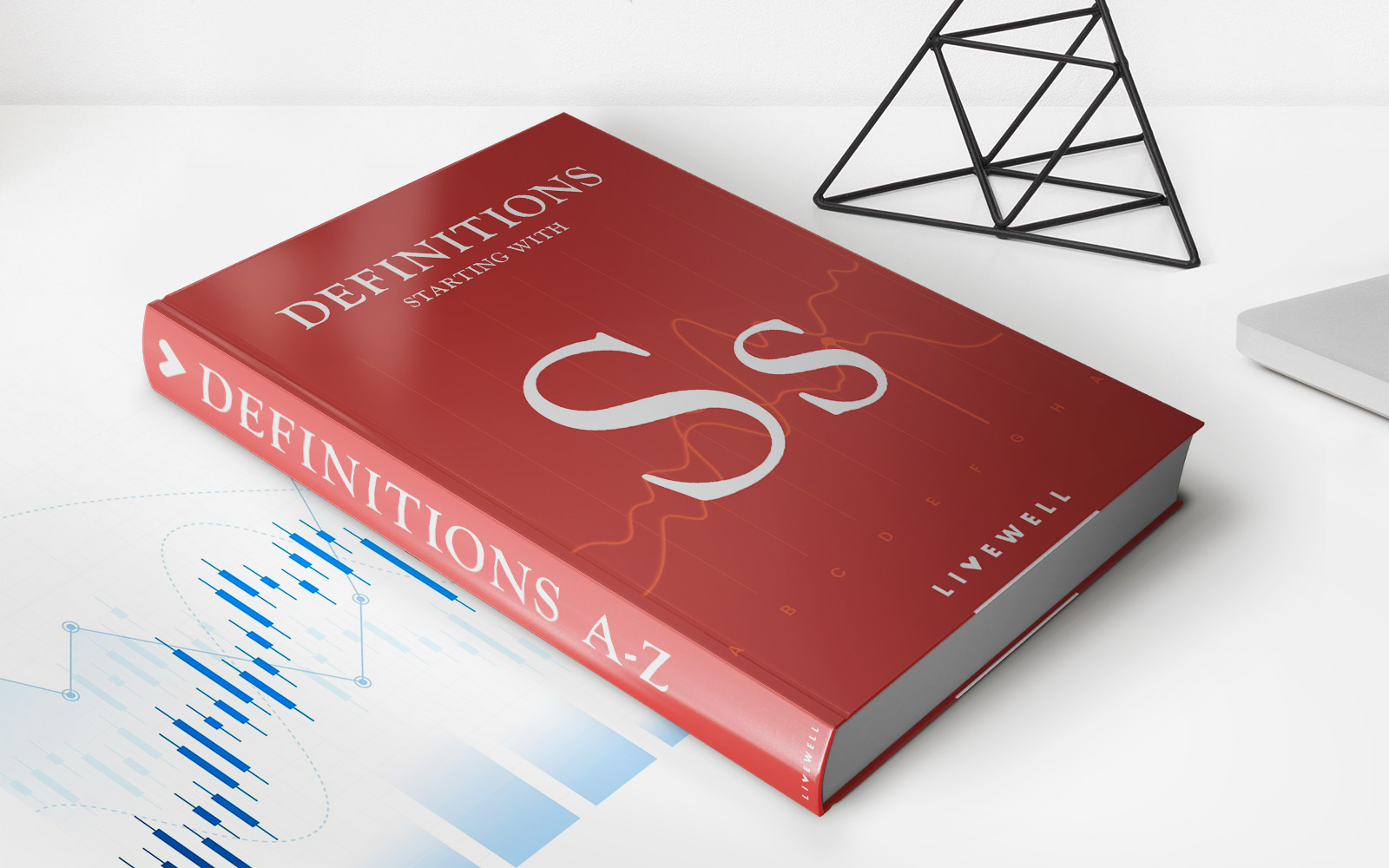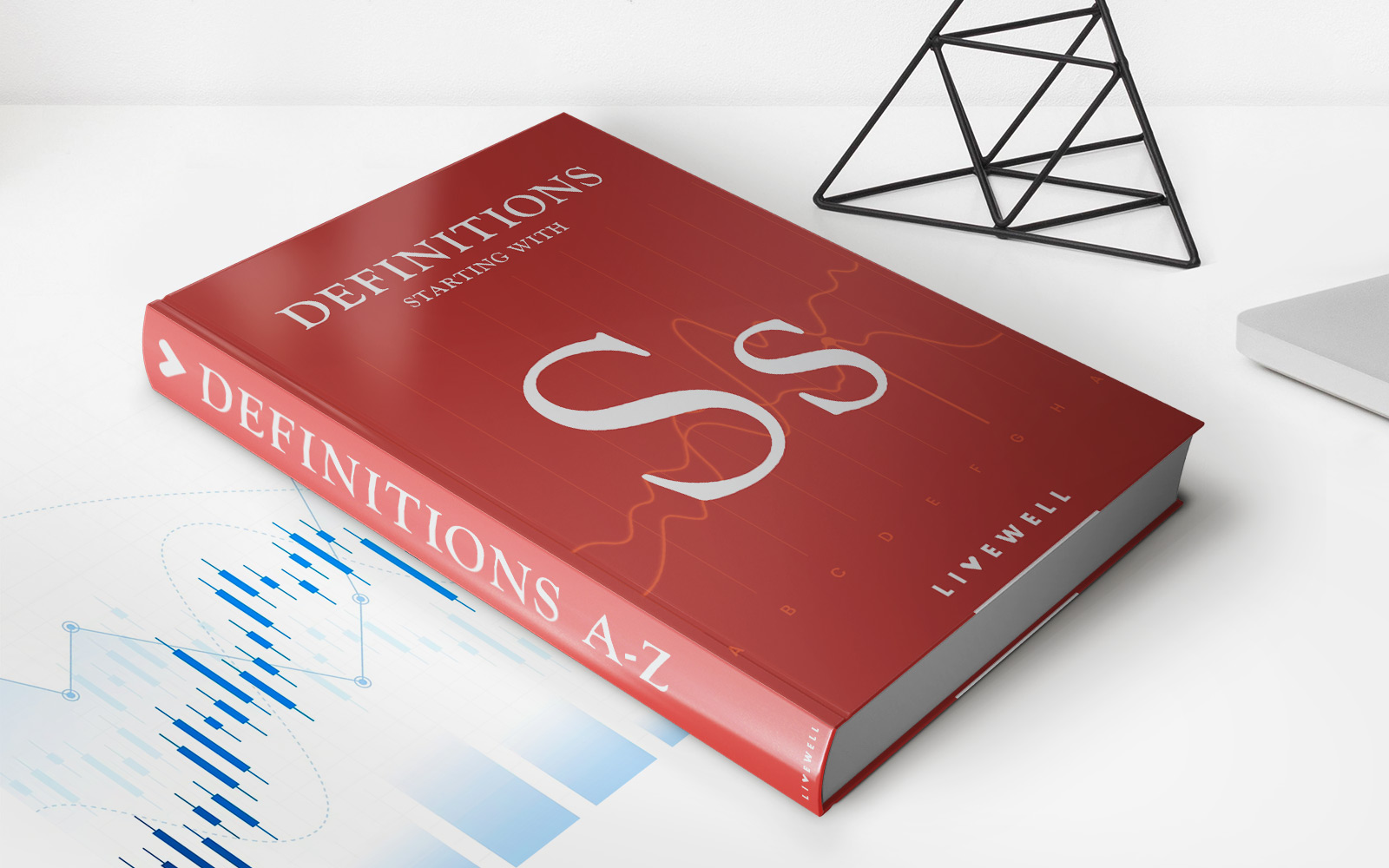Home>Finance>What Is A Luxury Tax? Definition, How It Works, And Example
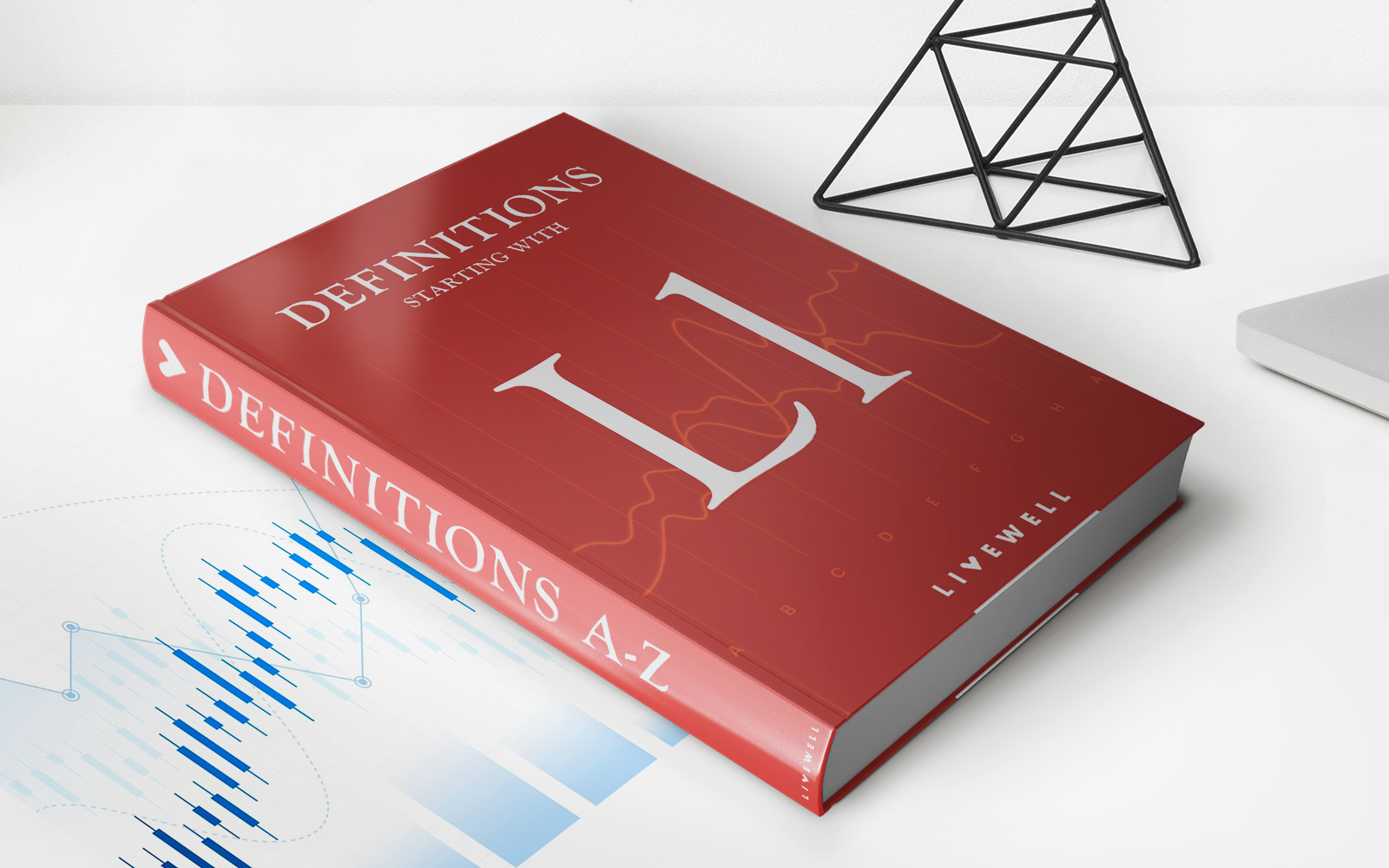

Finance
What Is A Luxury Tax? Definition, How It Works, And Example
Published: December 21, 2023
Learn what a luxury tax is in finance, its definition, how it works, and get a clear example. Understand the impact of luxury taxes on different industries and consumers.
(Many of the links in this article redirect to a specific reviewed product. Your purchase of these products through affiliate links helps to generate commission for LiveWell, at no extra cost. Learn more)
Understanding Luxury Tax: A Complete Guide
When it comes to managing our finances, it’s crucial to have a deep understanding of various taxes that may impact our financial well-being. One such tax that often leaves people scratching their heads is the luxury tax. In this blog post, we will delve into the world of luxury tax, exploring its definition, how it works, and providing real-life examples. So, let’s get started!
Key Takeaways:
- Luxury tax is a type of tax imposed on expensive goods or services considered non-essential or luxurious.
- It aims to generate revenue for the government and discourage excessive spending on luxury items.
What is a Luxury Tax?
Imagine strolling through a high-end shopping district, eyeing beautiful designer jewels in a boutique window or witnessing a luxurious yacht gracefully glide across the ocean. Now, imagine a tax specifically targeting these lavish and extravagant purchases – that’s a luxury tax. In simple terms, a luxury tax is a tax imposed on goods or services that are considered non-essential or luxurious.
These taxes are typically applied to items and services that are beyond the means of the average consumer, such as high-priced vehicles, jewelry, luxury homes, private jets, and yachts. The objective of a luxury tax is twofold: generate revenue for the government and discourage excessive spending on luxury items.
How Does a Luxury Tax Work?
Now that we have a basic understanding of what a luxury tax is, let’s explore how it works. Luxury taxes can be implemented in various ways, depending on the country and its tax system. Here are a few common methods:
- Specific Tax: This approach involves imposing a fixed tax amount on specific luxury items. For example, a luxury tax may be levied on vehicles costing over a certain threshold, such as $100,000.
- Ad Valorem Tax: Also known as a percentage tax, this method involves applying a specific percentage to the value of the luxury item. For instance, a luxury tax of 10% may be imposed on high-end jewelry worth more than $10,000.
- Graduated Tax: In this scenario, the tax rate increases as the price of the luxury item goes up. For example, a luxury tax on luxury homes may start at 1% for homes priced between $1 million and $2 million, but increase to 5% for homes valued above $5 million.
Examples of Luxury Tax
Let’s bring the concept of luxury tax to life with a couple of examples:
- Automobile Luxury Tax: In the United States, some states impose a luxury tax on high-end vehicles. If a state has an automobile luxury tax rate of 2% and you purchase a luxury car valued at $150,000, you would owe $3,000 in luxury tax.
- Tourism Luxury Tax: Various popular tourist destinations worldwide, such as Bali and the Maldives, impose luxury taxes on visitors staying at luxury resorts. These taxes are usually calculated as a percentage of the nightly room rate and can significantly impact the cost of luxury accommodation.
It’s worth noting that luxury taxes can vary greatly between countries, states, and even municipalities. Therefore, it’s essential to research and understand the specific luxury tax regulations in your area if you plan on indulging in luxury purchases.
In Conclusion
Luxury taxes serve as a form of revenue for governments while also discouraging excessive spending on luxury goods and services. By understanding how luxury taxes work and being aware of their presence, you can make more informed financial decisions when it comes to purchasing luxury items. Remember, it’s always wise to consult with a financial advisor or tax professional who can provide personalized guidance based on your unique circumstances.
